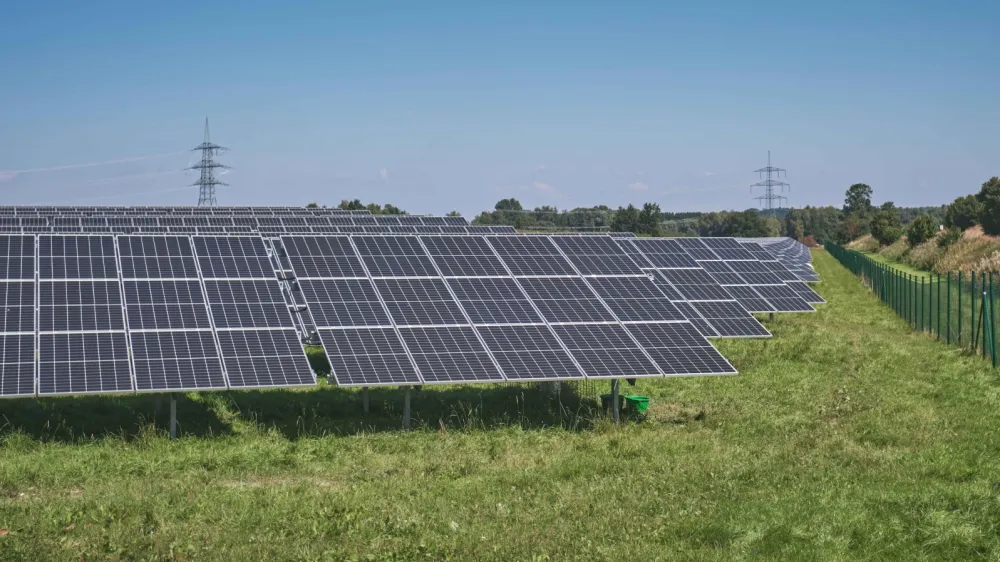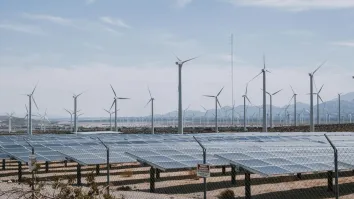What you must know about electricity liberalization in Japan
By Phillip VaughanElectricity market reform moves slowly in Japan. Recently, however, the Japanese government further clarified its position and called for legal unbundling in the sector – one of the options previously proposed for breaking up the electricity industry.
Currently the electricity market is dominated by 10 investor owned regional franchises that are vertically integrated across power generation, transmission, distribution and retailing.
It has always been their argument that to maintain stability of supply, contiguous vertical monopolies should be maintained, but in the wake of the Fukushima disaster two years ago, this argument has been openly challenged.
Added to the rising shrill is Japanese manufacturers’ long complaint that they must compete in global markets, but Japan’s electricity prices are high, for instance, they are twice those of the USA.
The Japanese power sector has been liberalized since 1995, and a power exchange has been operating since 2003, but as the Retail side is not liberalized, independent or wholesale power producers can only sell to the regional distributors.
In the year to March, 2011 only 0.6% of total power was traded, because there is little incentive for existing players to sell off their excess power cheaply.
However, the move to liberalize the retail sector will allow in new entrants. They in turn will be able to purchase their electricity from any wholesale source.
In order to win end consumers, new and old retailers alike will have to work hard to source the best wholesale prices and offer these at the lowest margins.
This will surely breathe some life into the power generation sector. Once customers have the right to choose, market forces will force both retail and wholesale participants to adopt a competitive stance.
Liberalization adds a great deal of complexity to the operating environment, because transactions take place between the retailer and the network. For example, a customer switch or a disconnection, are processes that require a series of hand offs between separate participants.
Liberalization of electricity tends to benefit large industrial users, but benefits for domestic consumers compared with a public monopoly or a regulated private monopoly are questionable.
For generation companies, there is uncertainty over revenue and profitability. Prior to deregulation everything that is produced can be sold.
With liberalization there needs to be a much sharper focus on operational variables. Understanding the cost base including capital, maintenance and operations, and key inputs like fuel costs is very important to profitability.
In a liberalized trading environment, variation in demand or supply can have a huge impact on market prices. The generator needs to align production and maintenance schedules to price expectations.
We do not know what the Japan landscape will look like in 5 years. The generators will probably have to compete with new entrants. These are not just traditional players, but also renewable operators, including home generation.
If retailing and generation functions are able to join under regulation rules, then Gentailers will emerge. These vertically integrated retailers are able to invest in peaking capacity. Because retailers benefit when wholesale prices are low, they may be able to suppress market prices by scheduling production when demand is high and bidding low prices into the market.
Therefore forecasting accurately will be crucial to profitability for both retailing and generation. The introduction of smart meters, renewable power and peaking generators has made the forecasting problem more complex.
Forecasting is not an exact calculation like say billing or regulatory reporting which must be exact. The more data that can be included and the more iterations that can be made, so will our forecasting abilities improve and our overall trading performance.
New in-memory technology can help here enabling forecasting to be performed hundreds of times faster than previously.
The industry argument over whether the system can ensure long-term security, though it appears self-serving, is valid. There needs to be sufficient incentives to begin building generation capacity in time for when it is needed.
Will this lead to renewal and a more vibrant electricity industry in Japan or will it, like some benighted country, overthrow one bad regime only to find itself in bed with another? Only time can tell.




















 Advertise
Advertise






